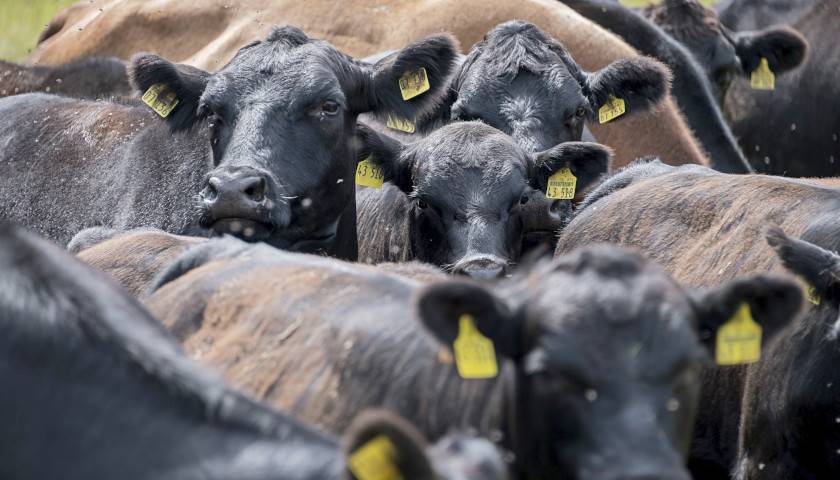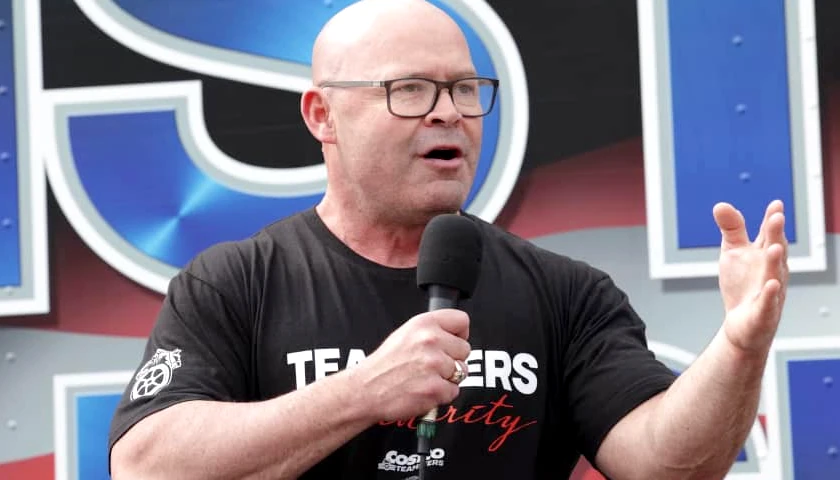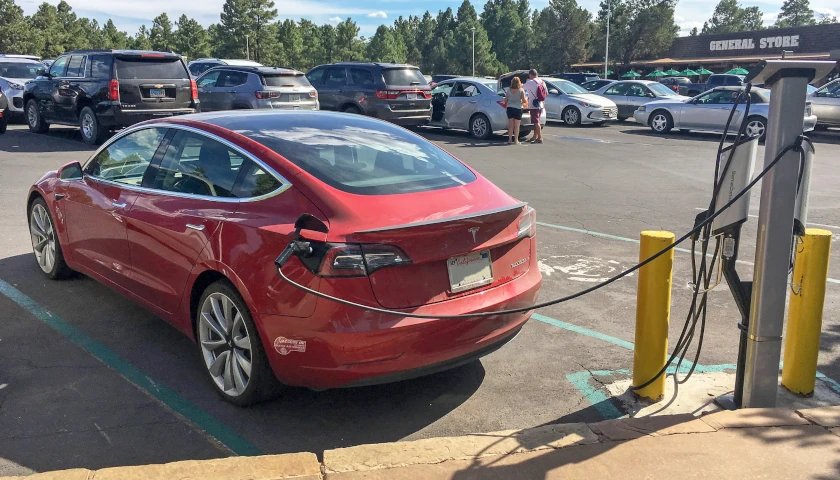by Kevin Killough
Few things have escaped environmentalists’ scorn, and even cows have not been exempt from blame for climate change. Emissions from livestock production have become an increasing focus of efforts to fight climate change. The United Nation’s Food and Agriculture Organization estimates that 11.1% of emissions worldwide come from livestock production, and the organization released a report last year urging Americans to eat less meat. If people aren’t eating meat, the argument goes, then fewer cows are produced. If there’s fewer cows, there’s less emissions.
However, research by pro-agribuisness outfits Alltech and Archbold suggests that the thinking on reducing emissions at the source is missing a bigger picture on cattles’ relationship with the land, and possibly, by removing grazing from pastures, emissions will actually go up.
Complex process
Besides trying to convince people to change their diets so we can get rid of more cows, other efforts seek to attack the emissions at the source. The Bill and Melinda Gates Foundation awarded a $4.8 million grant to a London-based company to develop a gas mask as a sort of carbon capture technology — on a cow. Other research is looking into food additives that go into the cows’ feed as a way to reduce the amount of emissions coming out of the animal.
In Ireland, dairy farmers were looking at possibly having to kill a lot of cattle to come into compliance with emission reduction targets.
Dr. Vaughn Holder, research project manager for beef nutrition at Alltech, and Dr. Betsey Boughton, director of agroecology at Archbold, studied the impacts that cattle production has on the ecosystem on a wetlands pasture at Buck Island Ranch, about 150 miles northwest of Miami, Florida. The researchers found that 19%-30% of methane emissions were from the cattle, but the rest was from the wetland soils. If the cows are removed, their research shows, it actually increases the amount of methane the wetland ecosystems give off.
Methane, which is more potent in terms of greenhouse warming than carbon dioxide, lasts only about 12 years. So reducing methane can have a more immediate impact on warming than reducing carbon dioxide.
Cattle emissions, Holder told Just the News, are often thought of like fossil fuel emissions. When we burn fossil fuels, the emissions go into the air. So eliminating a coal-fired power plant, for example, removes an emissions source, which produces a drop in emissions.
“There is a far more complex process in agriculture than it is in fossil fuel systems,” Holder said.
Ruminants, as they’re called, which includes cattle and sheep, have a large chamber in front of their stomach that acts as a fermentation factory. Inside are bacteria, yeasts, fungi and other microorganisms that help the animals digest grasses that humans can’t. Methane is a natural waste product of that process.
Cattle take a lot of plants humans can’t eat, Holder explained in a series of videos on the Buck Island research, and they turn them into edible proteins humans can consume, increasing global food security.
The animals also consume a lot of food byproducts that can’t be used for human consumption. For example, orange pulp used in orange juice production can be fed to livestock. Those byproducts can be used in composting, but composting increases emissions five times more than feeding it to dairy cows, Holder said. If byproducts are disposed of in landfills, the emissions go up 50 times over feeding it to dairy cows.
It is possible to put additives in the cows’ diet to inhibit that methane production, but at about 30% inhibition, Holder explained, you start to see negative effects. There are some viable strategies to reduce emissions with additives, but that can only go so far.
Cattle are part of a carbon cycle. So if you just model the emissions coming from the animal, you’re missing the rest of the ecosystem, Holder said, which is absorbing carbon as a result of the animal being on the land. The research alliance between Achbold and Alltech, Holder explained, is increasing their understanding of this process.
“We weren’t looking at food production from an ecosystem standpoint before we came together with Betsey’s [Boughton] group. So it really has adjusted our perspective on how big we need to be looking at these systems in order to get this right,” Holder said.
Carbon cycle
When cattle graze on land, the plants prioritize root growth over the plant matter above the surface. The deeper the roots, the more plants sequester carbon in the soil through the photosynthesis process.
Grazing also removes grasses from a pasture, which reduces the dead plant matter that falls to the soil and decomposes, which also produces greenhouse gasses.
“It’s a natural process. We’re not saying that’s bad. Wetlands are good. That’s just a natural part of a wetland,” Boughton told Just the News.
At the Buck Island Ranch, Boughton and her team measured the amount of greenhouse gasses emitted on a pasture that had no grazing and compared it to pasture that had grazing. What they found is that cattle grazing ends up as a carbon sink, meaning there’s a net reduction in the amount of emissions from that pasture compared to pastures with no cows.
More research
The Buck Island research was specifically on a wetlands ecosystem, so more research is needed in order to know how cattle impact emissions in other environments, such as the arid regions of the American West. There are also other impacts cows have on the ecosystem, including manure production and trampling, which may have impacts on emissions.
“From my perspective, it’s more of a proof-of-concept type evaluation. We’re showing that we need to be looking at more than just emissions if we want to have a decent idea what’s happening in those ecosystems and what the effects are on global warming or food security or whatever it might be,” Holder said.
There’s a lot of carbon locked up in soil, he said, and the exact impact of removing grazing from those lands isn’t fully understood. “It’s sort of an unintended consequence if we pull animals off the land and we don’t know what effect the next land use is going to have on those carbon stocks,” Holder said.
The livestock industry has long held that it’s being unfairly demonized in the effort to stop climate change. The Alltech-Archbold research is showing that they are likely correct.
– – –
Kevin Killough is a reporter for Just the News.




